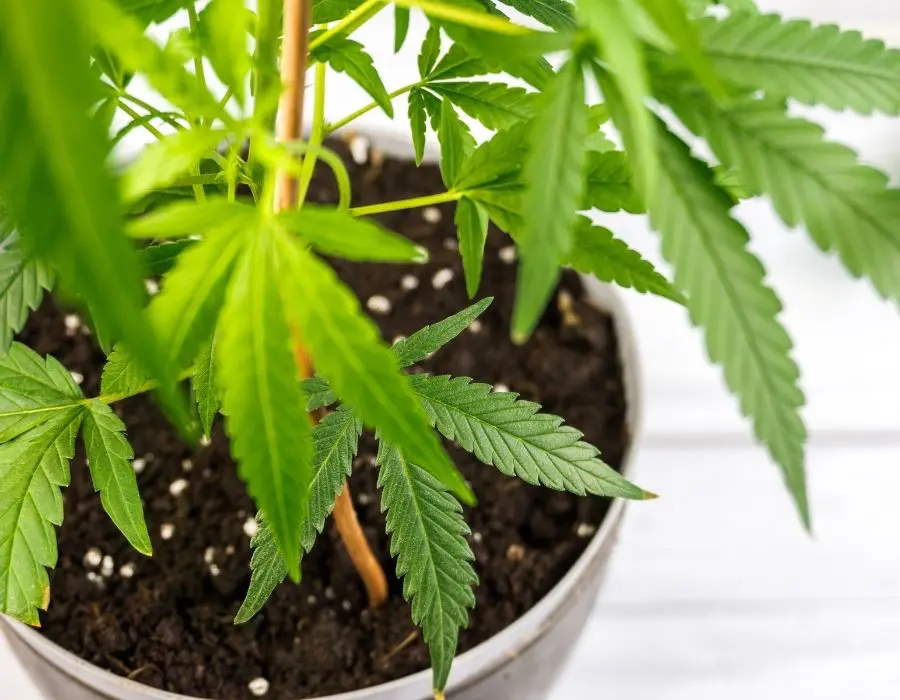Compost teas are a form of liquid organic fertiliser mix that provides supplemental nutrients and beneficial microorganisms that help cannabis plants reach their full potential and bulletproof soil health. Growers can’t go wrong using compost teas as part of their regular nutritional programme, or if their crop requires a boost against infection or during delicate periods of transition as it is a sustainable, organic way to provide nutrients.
Compost tea can be brewed at home in a fairly straight-forward process, using easily accessible ingredients and methods, and then applied to plants by watering into the soil and/or as a foliar spray.
The What and Why of Plant Nutrition
Marijuana plants uptake most of the nutrients needed for growth from the soil. The most important nutrients are nitrogen (N), phosphorus (P), and potassium (K). Growers will find these three nutrients listed as ratios of NPK on labels of fertiliser and nutrient products.
The plant’s demand for these three critical nutrients will depend on the stage they are in during their lifecycle. Plants require more N during the vegetative phase before they form flowers, as N is crucial to the formation of healthy plant cells, which results in strong stalks and healthy leaf growth. N is also an essential ingredient in chlorophyll, which the plant uses to photosynthesise light into proteins and sugars.
P is needed when during flower formation and stem growth. Growers can achieve desired higher yields by making sure their plants have enough phosphorus during transition and flowering. It can also help the plant withstand environmental stress by improving root development.
K is needed during flowering for full flowers, dense trichomes, and potent terpenes to develop. K is needed for water transportation functions inside a plant (most of the volume inside plant cells is water). The resinous, dense buds associated with high-grade flowers are expressions of water retention facilitated by optimal K uptake.
NPK is found primarily in soil and will need replenishing as the plant develops and uses it up. Hydroponic fertilisers, solid organic top dressings, liquid organic fertilisers, and compost tea are all ways of delivering these essential nutrients to cannabis plants. The bonus of compost tea is the beneficial microorganisms found in a brew that improves soil health, defends against pathogens, and encourages plant growth by improving uptake of NPK in several ways:
